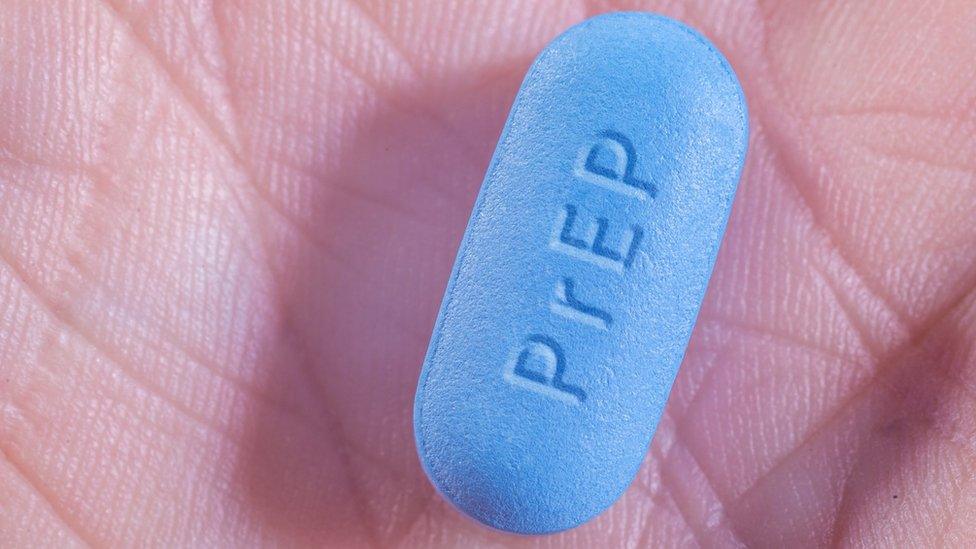Condoms: STI clinics want more people to use them
- Published

Ruby Rare says couples should feel confident to discuss what contraception works for them
"So many people hype up the awkwardness of condoms," says sex educator Ruby Rare. "I never think that's more important than sexual health."
Ruby, who fronts Channel 4's Sex Rated, wants more education on the importance of preventing sexually transmitted infections (STIs).
Sexual health clinics tell BBC Newsbeat they're seeing more cases of chlamydia and gonorrhoea and a decrease in people using condoms.
But the exact reason why isn't clear.
Brook, which runs clinics across England, shared figures with Newsbeat which suggest more people using its services admit to not using a condom during sex.
And new NHS data, external suggests that, while there was actually a slight increase in usage this year, over the past decade there's been an overall drop.
It's hard to say for sure why this appears to be the case.
Ruby says other methods of contraception, like the pill, coil and implant are getting more popular.
There's also been rising interest in hormone-free options like fertility tracking apps - however these are not recommended by the NHS and there are concerns that many are designed to make a profit.
'Chlamydia's our bread and butter'
But experts agree that condoms are the only type of contraception that protect against STIs and prevent pregnancy.
At Brook's clinic in Bristol, nurse Clare Matthews says they're seeing more infections.
"Chlamydia has always been something that's basically our bread and butter and we see loads of," she says.
"But we've definitely seen a big increase in the amount of gonorrhoea and people having chlamydia and gonorrhoea at the same time."
Both infections are often symptomless, making it more important for people to get tested, Clare says.
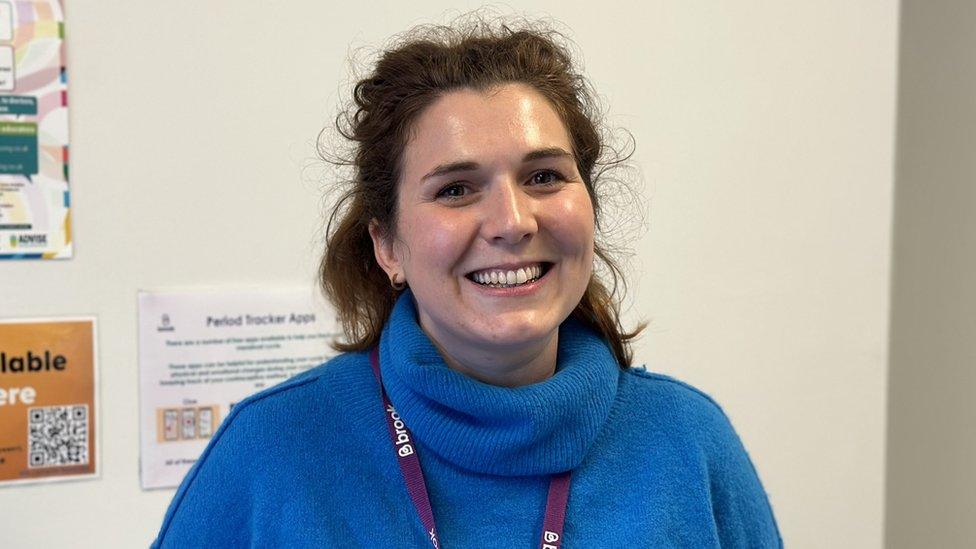
Nurse Clare Matthews says she's noticed an increase in STIs like chlamydia and gonorrhoea
Harriet Bowman works at Mesmac - a Yorkshire-based sexual health organisation - and points to three possible explanations: cost, alternatives and porn.
As PrEP - a drug that prevents the transmission of the HIV virus - some couples may feel protected without condoms, she says.
"It doesn't protect you against all STIs so we still really push for the use of condoms. But if we know people are managing the risk of HIV and HIV transmission, that's a really positive thing."
Porn might also be a factor, Harriet says, as actors are rarely seen using protection.
"But in the background they're having regular testing," she says. "So although you're not seeing it, other precautions are being used."
Harriet says condoms are available for free at many clinics, pharmacies and colleges, and emphasises their importance in preventing STIs.
'Empowering'
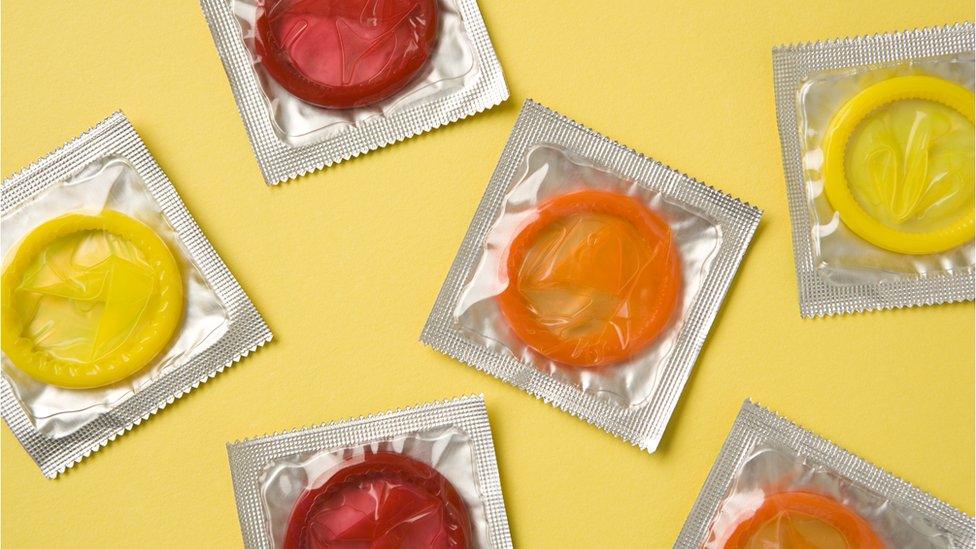
Experts say people are opting for other types of contraception over condoms
"It's really important to hammer home that condoms are an essential part of sex for lots of people," says Ruby.
"I know that's maybe slightly unsexy."
"Condoms are maybe never going to be particularly cool," she admits, but adds there are misconceptions which can make them seem a turn-off.
She says trust, respect and care are important in all sexual relationships and couples need to be open about what protection they're comfortable using.
"There is always space to have a conversation about your needs and what is essential for you to have a safe and fun time to be heard," she says.
"There's something really empowering about feeling in control with your body and your sexual health choices."


- Published6 September 2023
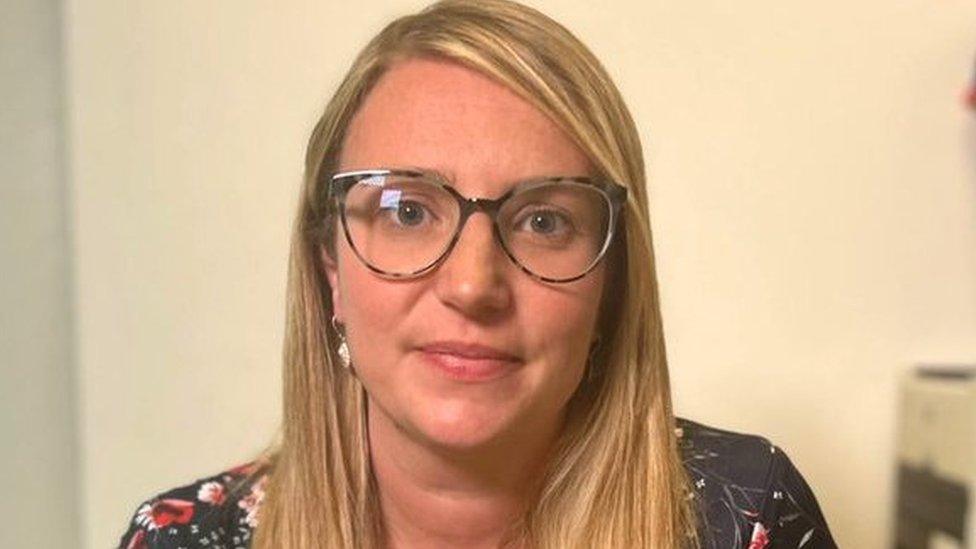
- Published28 June 2022
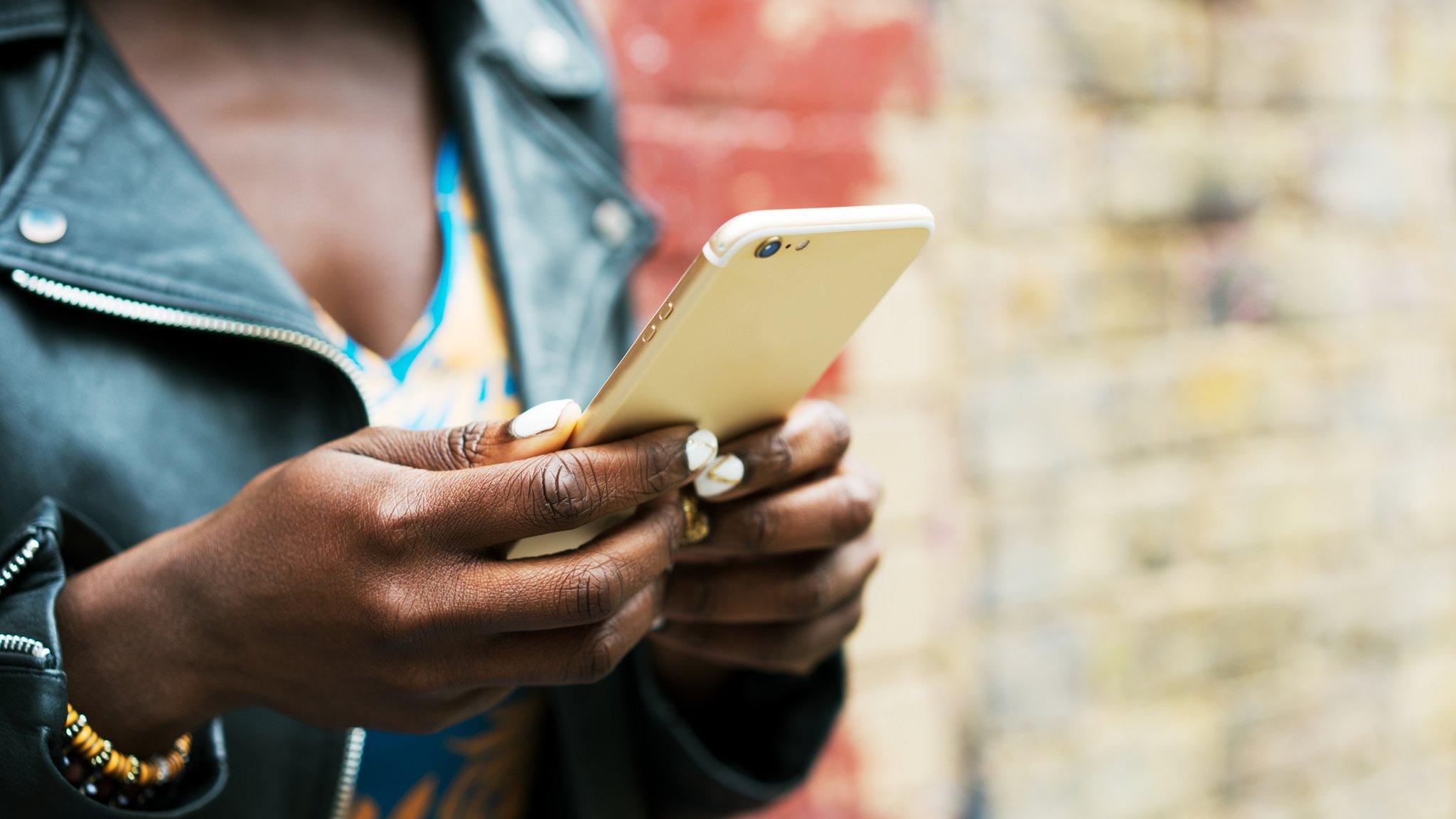
- Published8 April 2023
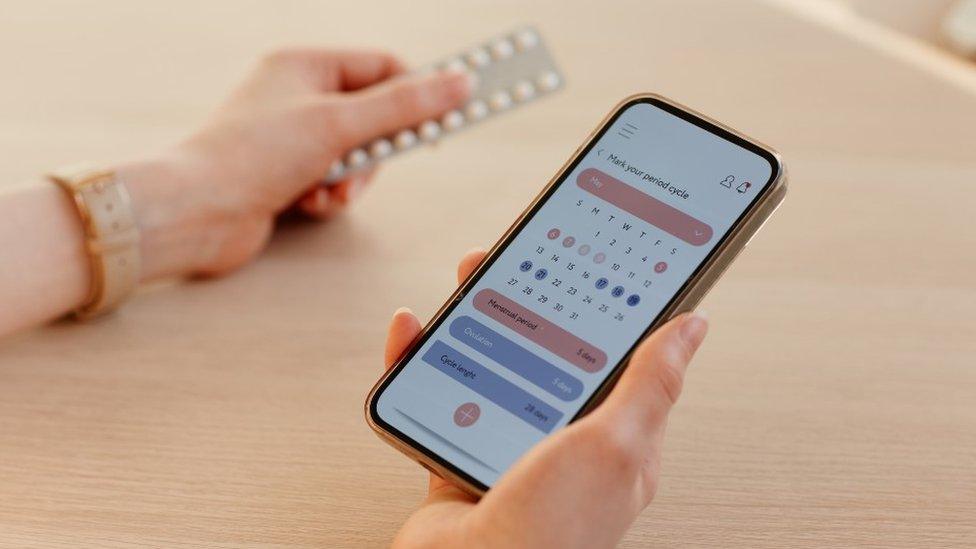
- Published15 March 2020
